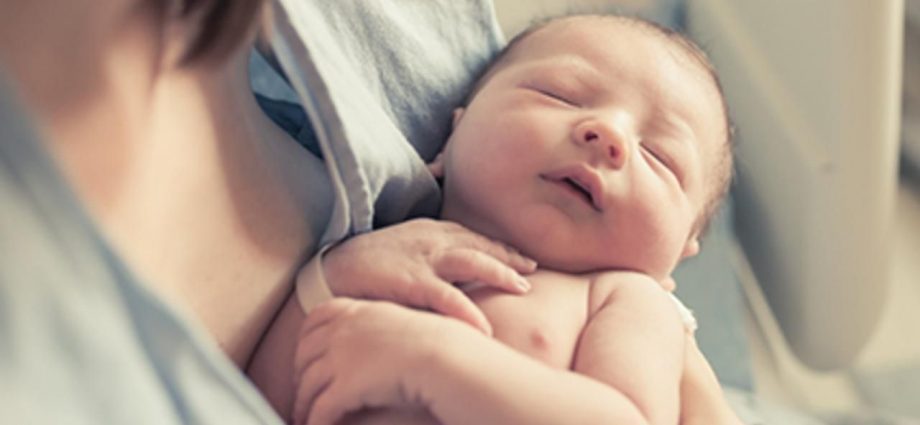THURSDAY, March 16, 2023 (HealthDay News) — Sometimes new moms receive opioid prescriptions for pain, particularly after a cesarean delivery. They needn’t worry, researchers say.
Their newborns are at no greater risk of harm than those whose moms don’t get those prescriptions, according to a large new study in Canada.
The findings, published March 15 in the BMJ, should reassure parents and their doctors, the researchers said.
“Findings from this study suggest no association between maternal opioid prescription after delivery and adverse infant outcomes, including death,” the study authors said in a journal news release.
Researchers included Dr. Jonathan Zipursky, of the Sunnybrook Health Sciences Centre, and Dr. David Juurlink, of the Institute for Clinical Evaluative Sciences in Toronto, Ontario.
The investigators used health care data from more than 865,000 mother-infant pairs discharged within seven days of delivery from September 2012 through March 2020.
After exclusions, about 86,000 mothers had filled an opioid prescription within seven days of discharge and nearly 539,000 did not. The researchers matched each mother who filled an opioid prescription with one who did not.
About 8 in 10 of the mothers in the matched group had delivered their babies by cesarean section. Among those prescribed opioids, about 42% received oxycodone, 20% codeine, 19% morphine and 12% hydromorphone, with an average supply of three days.
The study followed all infants for 30 days for a range of serious outcomes including hospital readmission, emergency department visit, admission to a neonatal intensive care unit and death from any cause.
Of the infants admitted to the hospital within 30 days, 3.5% were born to mothers who filled an opioid prescription compared with 3.5% born to mothers who did not.
Infants of mothers who were prescribed an opioid were no more likely to be admitted to the hospital for any reason, an absolute risk increase of 0.08%. They were marginally more likely to be taken to an emergency department, an absolute risk increase of 0.41%. However, no differences were found for any other serious outcomes in the infants, including breathing problems or admission to a neonatal intensive care unit. No infant deaths occurred.
The study was observational, so it can’t establish cause and effect. Study limitations included lack of information on the extent to which the drugs were taken, use of other non-prescription painkillers and breastfeeding status.
All opioids pass into breast milk, though in amounts not expected to cause harm in nursing infants.
The study authors noted that millions of new mothers are prescribed opioids after delivery each year, yet no convincing reports have been published of serious opioid toxicity in infants associated with breastfeeding.
Alternative pain relievers, including nonsteroidal anti-inflammatory drugs (NSAIDs), are also generally non-hazardous to babies, the researchers said.
The evidence on optimal pain relief after delivery, particularly for breastfeeding mothers, is poor. More research is needed on the balance of risks and benefits for both mothers and babies, the study authors added.
More information
The March of Dimes has tips on keeping breast milk safe and healthy.
SOURCE: BMJ, news release, March 15, 2023
Copyright © 2025 HealthDay. All rights reserved.

